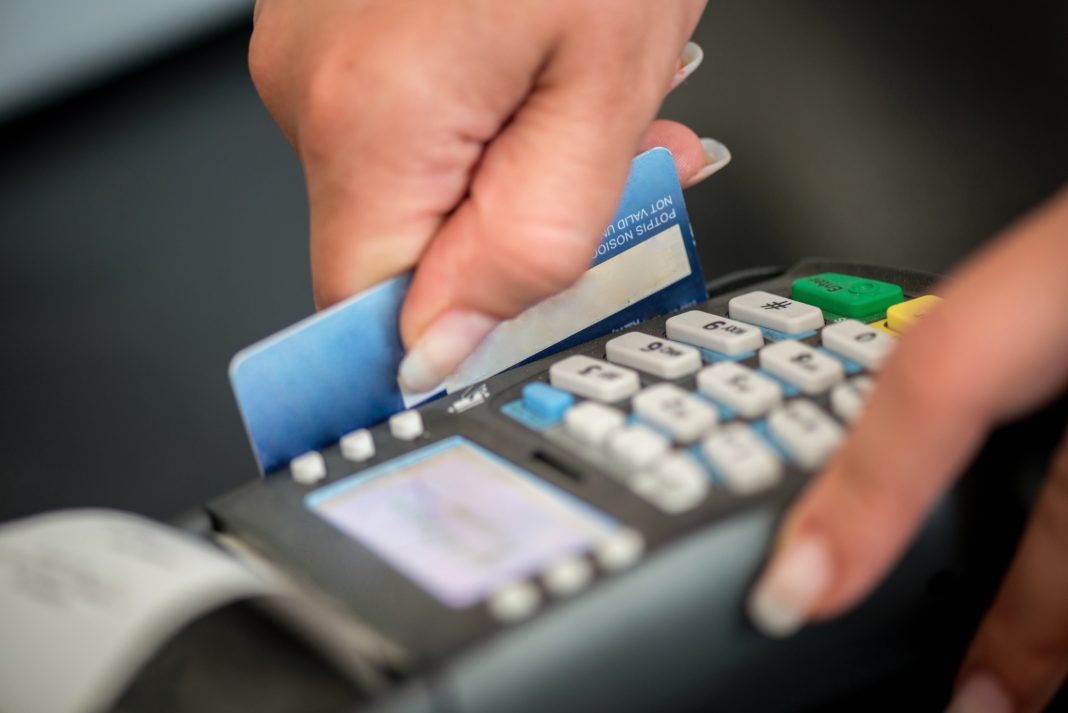When you make a purchase with your credit card, the merchant sends a request to their bank for authorization. This request is then sent to the card issuer, which is usually your bank. The card issuer reviews the request and determines whether or not to approve it. If approved, the card issuer sends a response back to the merchant’s bank authorizing the transaction. The merchant’s bank then deposits the funds into the merchant’s account.
It is important to note that when you make a purchase with your credit card, you are not actually borrowing money from the credit card issuer. Rather, the credit card issuer is simply guaranteeing that they will pay the merchant for the purchase if you do not. This is why you are usually required to pay your credit card bill in full each month. If you do not, the credit card issuer will begin charging interest on the outstanding balance.
The process of credit card transaction processing can vary depending on the type of card being used. For example, debit cards typically require that the funds be transferred immediately from the cardholder’s bank account to the merchant’s account. Credit cards, on the other hand, usually allow the cardholder to defer payment for a period of time.
Benefits of Credit Card Transaction Processing
There are several benefits to using credit card transaction processing. First, it allows you to make purchases without having to carry cash or checks. This can be especially helpful if you are making a large purchase or if you are traveling. Second, credit card transaction processing can help you build your credit history. By making on-time payments, you can improve your credit score.
Third, credit card transaction processing can give you some protection against fraud. If a merchant processes a transaction without your authorization, you can dispute the charge and have it reversed. Finally, credit card transaction processing can provide rewards and perks. Many cards offer cash back or points that can be redeemed for travel, merchandise, or gift cards.
Drawbacks of Credit Card Transaction Processing
There are also some drawbacks to using credit card transaction processing. First, if you carry a balance on your card, you will be charged interest. Second, if you use your credit card for cash advances, you will usually be charged a higher interest rate and fees. Third, if you make a late payment, you may be charged a late fee. Finally, if you exceed your credit limit, you may be charged an over-the-limit fee.
Alternatives to Credit Card Transaction Processing
If you are concerned about the fees associated with credit card processing, there are some alternatives. For example, you can use a debit card, which withdraws the funds directly from your bank account. You can also use a prepaid card, which allows you to load money onto the card in advance. Finally, you can use cash or checks. However, keep in mind that using cash or checks may not provide the same level of protection against fraud as credit card transaction processing.









